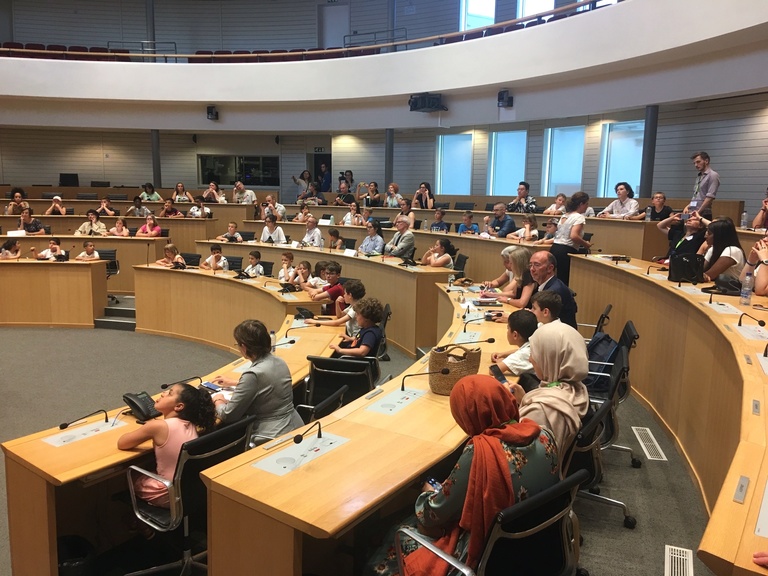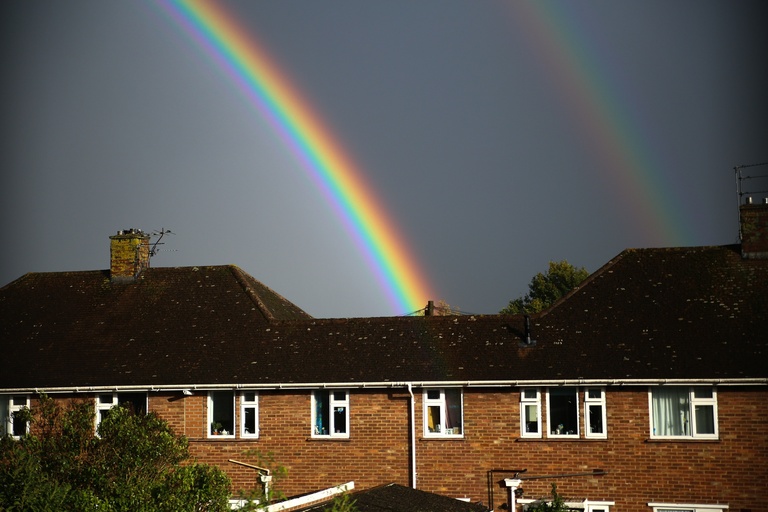
LGBTQI+ in Brussels
Studying gender-related violence & discrimination in the Brussels public space
Rights
Gender Studies
Public space
Insecurity
Despite an open-minded and liberal legal framework and an active civil society, the violence and discrimination against LGBTQI+ in Belgium remains widespread. An online survey by the Policy Research Centre for Equal Opportunities in 2014 reveals that nine out of ten of the 1400 respondents experienced verbal or psychological violence 1.
These results demand for a deeper understanding of the violence and unsafety experienced. That is why Méthos, together with Brussels Secretary of State Bianca Debaets and her administration Equal.brussels wanted to understand the narrative of feelings of unsafety, discrimination and violence in the Brussels Region. How do LGBTQI+ experience these acts of violence in the Brussels public sphere? How do they verbalize and frame the microdynamics of different forms of violence?
The aim of the project was to inform the Secretary of State and her administration on the daily reality of public life of LGBTQI+ in the Brussels Region and engage her to build more precise policy measures.
"I prefer winter, I prefer when it rains.
There are fewer people in the streets, so less risk."
"There are no real safe zones in Brussels.
There is nowhere I can do what straight people do."
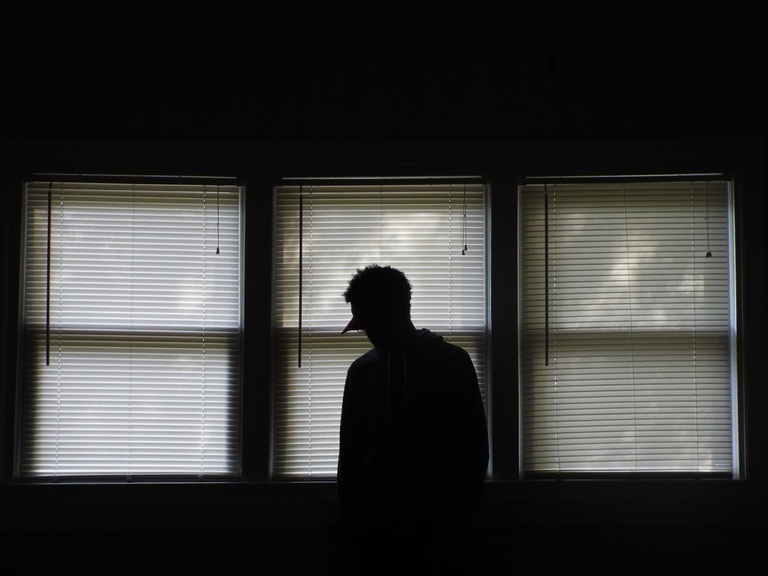
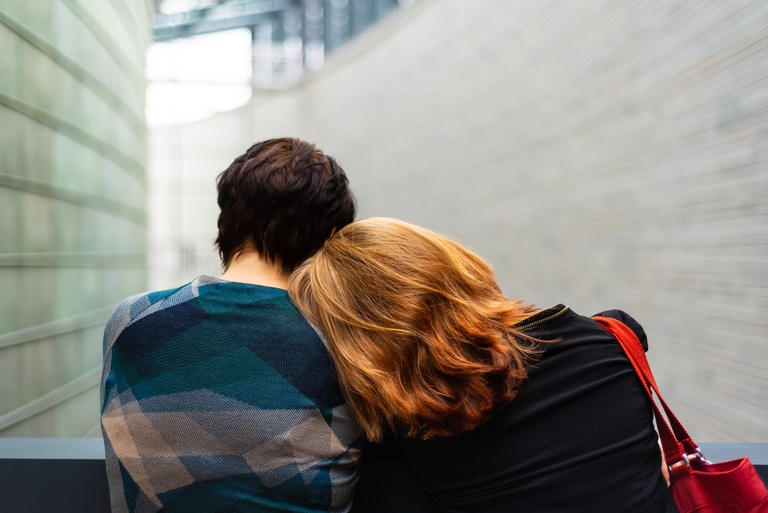
Our ethnographic study had to shed light on the personal accounts of violence against LGBTQI+. We organised in-depth, semi-structured interviews with LGBTQI+ living in the Brussels Region and interviewed respondents in a neutral, safe place where they could share stories, resulting in rich, intimate and emotional accounts of their experiences and how these influence their daily life.
No safe zones
Over the years, respondents have learned to reflect on their situations which led to critical and conscious considerations of their position in Brussels. They reason that, despite regarding Brussels as quite an open-minded and tolerant region, a free and normal way of expressing gender identities is still impossible. There are too many issues on a daily basis in the public sphere: shouting, calling names, bullying, spitting, throwing, threatening etc. In that sense, Brussels remains a heteronormative zone where gender nonconformity is not always appreciated.
Despite regarding Brussels as quite an open-minded and tolerant region, a free and normal way of expressing gender identities is still impossible.
Respondents give several explanations. (Monotheistic) religion still propagates the importance of heterosexuality/cis gender as the norm to follow. All other sexual orientations and gender expressions are a threat to the “natural” state of things and thus potentially threatening.
Another explanation points at the notion of hegemonic masculinity. It refers to the domination of a rigid form of masculinity over femininity and also all other gender expressions. Often referred to as toxic masculinity or machist world, Brussels becomes an arena where stereotypical forms of masculinity dominate and marginalize other gender expressions.
A lack of socio-cultural knowledge and ignorance about social and cultural rules, including those on gender and sexuality, is a third explanation for the presence of LGBTQI+phobia in the public sphere. Lastly, socioeconomic exclusion points according to respondents also to an explanation. Frustration and resistance against existing power structures and a fight between the opportunity-rich and the opportunity-poor lies at the base. Harassing and bullying are then a means to express this frustration and a negative means to regain some power, even for an instant.
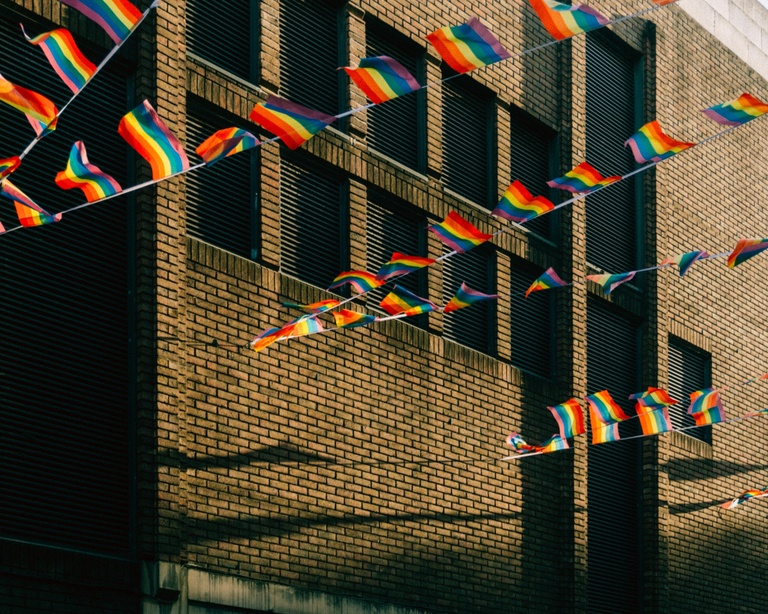
Censoring oneself
On a more personal level, the different acts of violence (verbal, psychological, physical, material and sexual violence) have a big impact. We discern the emotional consequences like stress, embarrassment, fear and humiliation but also modifications in behaviour: respondents build personal strategies and censor themselves in order to avoid problematic encounters.
Being not satisfied with the way the police treat complaints, respondents suggest a bigger role for civil society and NGOs. Not only LGBTQI+ organizations play a role, also e.g. youth organizations or women’s organizations could function as necessary partners. Presence “on the field” by street workers as well as investing in direct, close contact with young people and working with them, seems the long-term strategy to working towards more acceptance for LGBTQI+ in Brussels.
The results of the research were presented to the Secretary of State and selected press in a dusky rainbow bar in the centre of Brussels.
It was a rewarding experience to work with Méthos. Their grassroots approach was what we neeeded to gain a more profound insight in the narratives and lived realities about safety within the Brussels LGBTQI+ communities.
Danny Jacqmot, Project Manager SOGIESC, Equal.brussels
Documentary 'Colours of the Rainbow: We Are Family.' by VICE, BOZAR and Equal.brussels
1 D’haese, L., Dewaele, A., & Van Houtte, M. (2014). Geweld tegenover holebi’s II: een online survey over ervaringen met holebigeweld in Vlaanderen en de nasleep ervan. Antwerpen: Steunpunt Gelijkekansenbeleid.
Read more
• The full report (in FR)
• The full report (in NL)
Other projects
Children's rights
Involving children from the Fédération Wallonie-Bruxelles in preparing policy on their rights, with debates and artistic workshops.
A participatory journey with over 100 children from the French-speaking Belgian Community, to prepare policy on their rights. We spent a year in workshops, creating, debating and feeling moved.
• Download the report (fr)
• Watch the video
